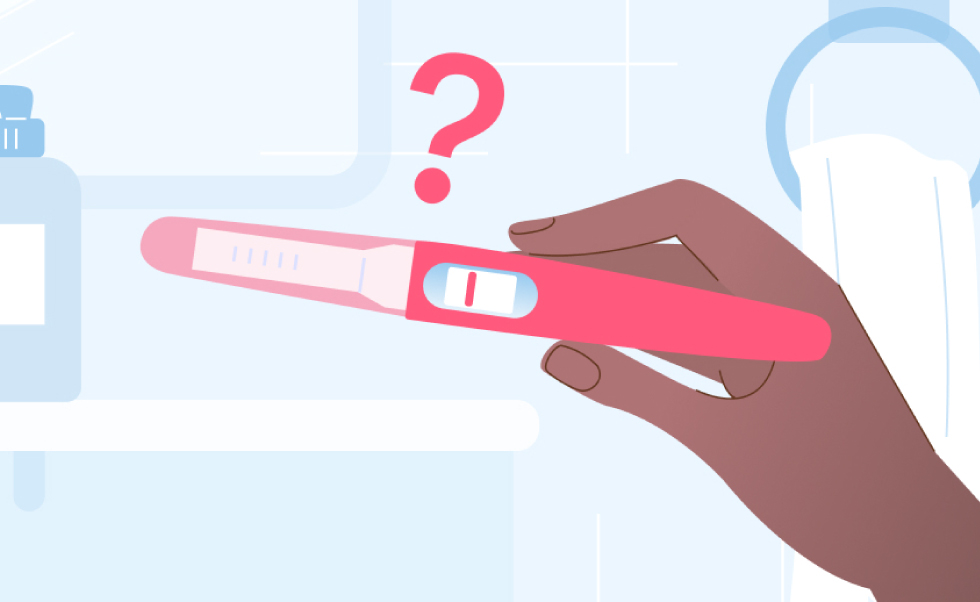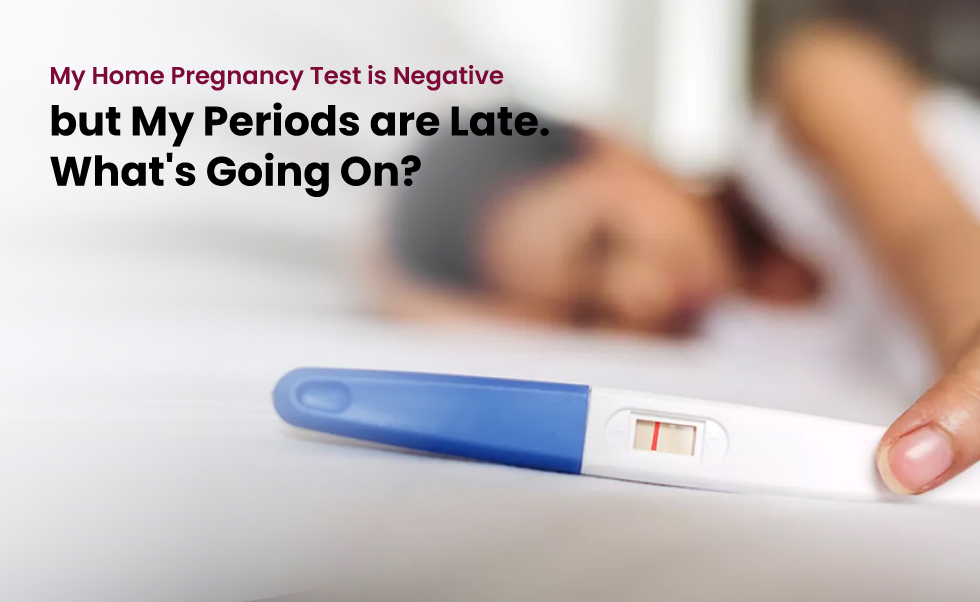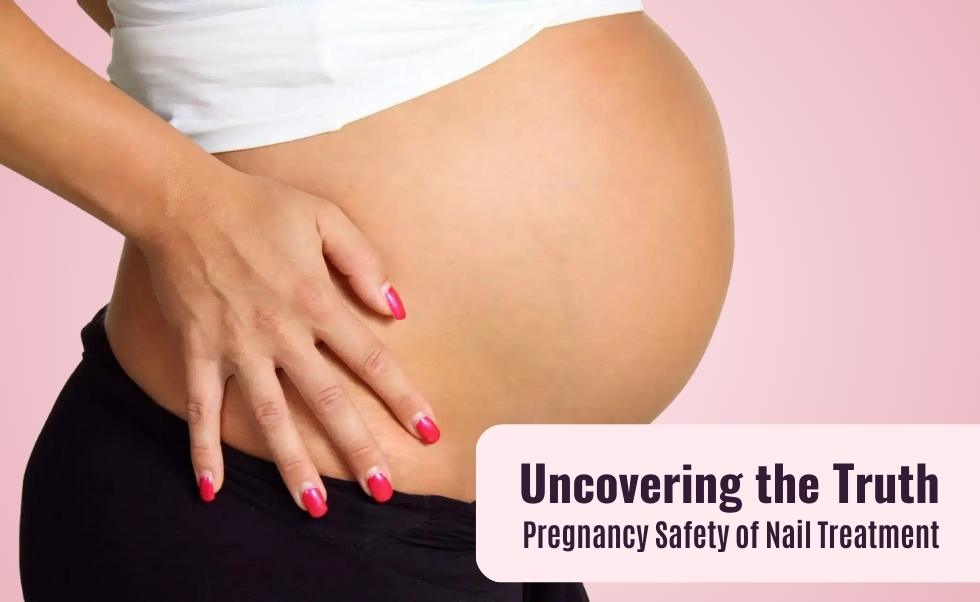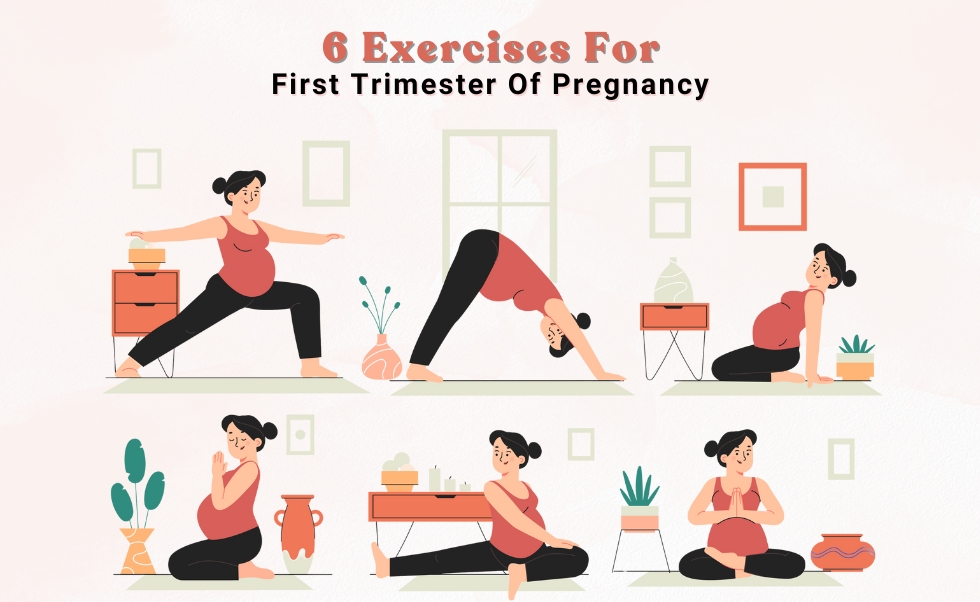A missed period can be an emotional rollercoaster for many women, especially if you are hoping to conceive. When your home pregnancy test comes back negative but your periods are late, it can lead to confusion and worry. Understanding the possible reasons behind a delayed period despite a negative pregnancy test can help alleviate some of the anxiety. Here’s a comprehensive look at why this might happen and what you can do about it.
Understanding your Menstrual Cycle
The menstrual cycle is a complex process regulated by hormones. A typical cycle lasts between 28 to 32 days but can vary from woman to woman. Ovulation, the release of an egg from the ovary, usually occurs around the mid-point of the cycle. If the egg is not fertilized, hormone levels drop, leading to menstruation. However, several factors can disrupt this cycle, leading to a missed or delayed period.
Why is my period late ?, Common Reasons for a Late Period
- Stress – is one of the most common reasons for a delayed period. When stressed, your body produces cortisol, which can interfere with the production of reproductive hormones, leading to a delayed or missed period.
- Hormonal Imbalances: Conditions such as polycystic ovary syndrome (PCOS) can cause hormonal imbalances that affect your menstrual cycle. Women with PCOS often experience irregular periods due to higher levels of certain hormones like androgens.
- Thyroid Issues: Both hypothyroidism (underactive thyroid) and hyperthyroidism (overactive thyroid) can disrupt your menstrual cycle. The thyroid gland regulates your body’s metabolism and hormone levels.
- Weight Changes: Significant weight loss or gain can impact your menstrual cycle. Low body weight can lead to a decrease in estrogen production while being overweight can cause an excess of estrogen, both of which can disrupt your period.
- Excessive Exercise: Intense physical activity can also affect your periods. Athletes or women who engage in heavy workouts may experience missed periods due to low body fat and high energy expenditure.
- Medications: Certain medications, including birth control pills, antidepressants, and chemotherapy drugs, can affect your menstrual cycle. Always discuss any changes in your cycle with your doctor if you are on medication.
- Perimenopause: Women in their late 30s and 40s may experience irregular periods as they approach menopause. This transitional phase, known as perimenopause, is characterized by fluctuating hormone levels.
Could It Still Be Pregnancy?
Even with a negative home pregnancy test, there is still a small chance you could be pregnant. Here are a few reasons why a test might show a false negative:
- Testing Too Early: If you take the test too soon after a missed period, your hCG (human chorionic gonadotropin) levels may not be enough to detect. It’s best to wait a few days and test again.
- Diluted Urine: Taking the test when your urine is diluted later in the day can lead to a false negative. The first-morning urine is usually the most concentrated and ideal for testing.
- Faulty Test: Occasionally, the test itself may be faulty. Always check the expiration date and follow the instructions carefully.
What Should I Do Next in such a situation?

- Wait and Retest: If your period is only a few days late, wait a few more days and retest. Sometimes, a delayed ovulation can result in a later-than-expected period.
- Consult a Doctor: If your period is more than a week late and pregnancy tests are still negative, it’s time to consult your doctor. They can conduct a blood test to confirm pregnancy or diagnose other potential issues.
- Monitor Your Cycle: Tracking your menstrual cycle can help identify patterns or irregularities. Apps or a simple calendar can be useful tools for this.
- Manage Stress: Practice stress-relief techniques such as yoga, meditation, or deep breathing exercises. Reducing stress can help regulate your menstrual cycle.
- Maintain a Healthy Lifestyle: Eating a balanced diet, maintaining a healthy weight, and exercising regularly can all contribute to a more regular menstrual cycle.
When should I Seek Immediate Help for late periods?
While a late period is often not a cause for immediate concern, there are instances where you should seek medical attention promptly:
- Severe Pain: If you experience severe abdominal or pelvic pain, it could be a sign of an ectopic pregnancy or other serious conditions.
- Heavy Bleeding: If your period eventually arrives but is unusually heavy, you should see a doctor.
- Other Symptoms: Symptoms such as excessive hair growth, sudden weight gain, or loss could indicate hormonal imbalances like PCOS or thyroid issues.
A late period combined with a negative pregnancy test can be perplexing, but understanding the potential reasons can help you navigate this situation more calmly. You can address any underlying issues and gain peace of mind by keeping track of your cycle, maintaining a healthy lifestyle, and consulting with a healthcare professional when necessary.
Remember, every woman’s body is unique, and occasional irregularities are often a normal part of reproductive health.







